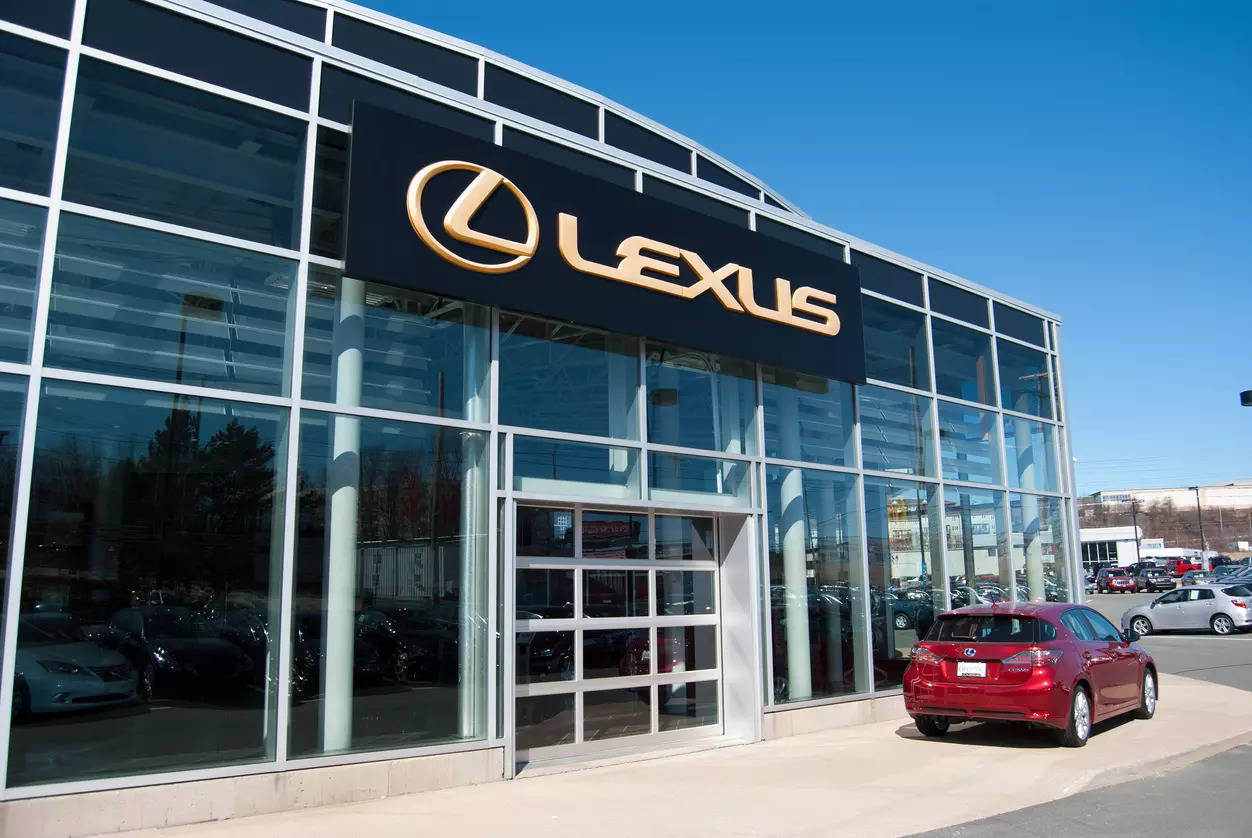
Luxury carmaker Lexus from next year is looking to foray into the used car business in India, having now completed six years in the market, according to a top company official. The Japanese carmaker, which currently sells its product range through 23 touch points, aims to transition some of the sales outlets to also cater to the pre-owned car vertical.
Known for its self-charging hybrid cars, Lexus is now gearing up to roll out its first electric model in the country by 2025.
In an interaction with PTI, Lexus India President Naveen Soni said the automaker is now seriously considering the introduction of a structured pre-owned car programme.
He noted that the company will initiate the programme in select outlets after taking into account the business viability of the dealer partner.
“So I think very soon, by the third quarter or maybe next year beginning, I should say,” he stated when asked about the timeframe the company was looking to get into the used car segment.
Soni stated that the automaker is studying the market very keenly. “For us, the starting point would be cities where there is a sizable vehicle park,” he added.
Soni noted that the company started selling vehicles in the country six years ago and there may be customers now who may like to sell their cars and upgrade to a new set of wheels.
“So I think the time is ripe for at least some centres to transition into standalone used car outlets,” he stated.
The company is also considering giving a short buyback scheme so that the consumer gets confidence, Soni said.
When asked about the company’s electric vehicle strategy, he noted that the company had brought in a few vehicles last year to test them in the diverse climatic conditions as well as get customer feedback.
“So we’ve got very good information about the behaviour pattern in these markets, like summer conditions, testing conditions, desert conditions, all that has gone back to Japan. Hopefully, by 2025 we should have our first EV product coming to this country,” Soni said.
Lexus, which is the luxury car arm of Japanese auto major Toyota, has been mandated to take the front-runner role within the group in electric technology.
Lexus aims to go fully electric by 2035.
Commenting on the sales outlook, Soni noted that the company is on the verge of surpassing its last year’s volumes by July-end this year.
He noted that 2023 would turn out to be the best year for the luxury car segment in India, surpassing the peak achieved in 2018.
“By the end of July, we would have done the same business as we did the entire last year…definitely will overtake the previous highest…I think we should do between 42,000 to 45,000 as an industry this year,” Soni said.
The luxury car industry in India was peaking in 2018 with around 40,000 units a year but came down to 20,000 units in the next two years due to the Covid-19 related disruptions.
He noted that the company has increased its reach across the country by enhancing its sales network to 23 from four outlets in four cities a few years ago.
“We were hardly covering 40-50% of the luxury car market. We have now reached the 23 outlet mark and that has helped more customers to actually see and feel the product,” Soni said.
He noted that the company was constantly improving its standing in terms of sales in the APAC region.
“We are improving our standing in the APAC region. So from the top 10 we’ve reached the top five, and hopefully, we should be in the top three soon (excluding China and Japan),” Soni said.
When asked if the company would look at assembling more products locally, Soni said the only challenge currently is the business sustainability issue.
Lexus currently assembles one product, the ES sedan, in India.
















